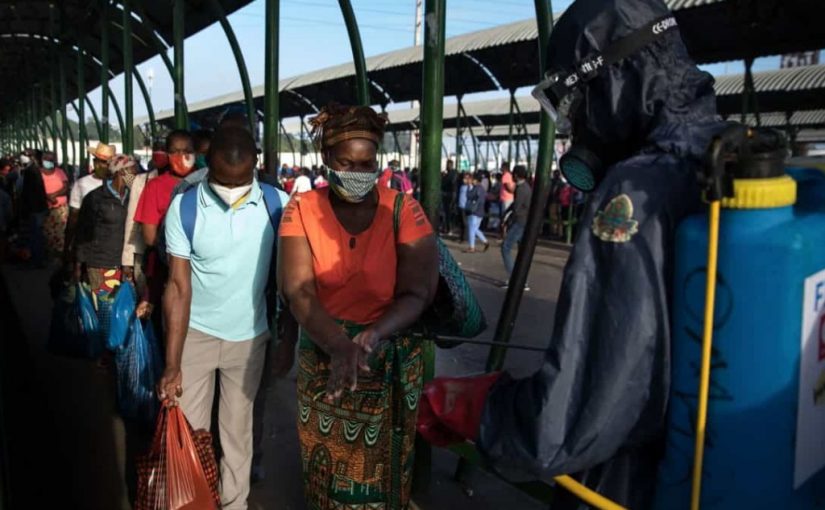Mozambique marks a decade free of landmines - HALO Trust
Covid-19: NGO defends interruption of provincial mobility in Mozambique

File photo: Lusa
Mozambican non-governmental organisation (NGO) the Institute for Multiparty Democracy on Monday proposed the creation of mechanisms to halt mobility between provinces to forestall the community spread of the new coronavirus.
The Institute for Multiparty Democracy (IMD) called in a statement for the creation of “normative mechanisms which allow the adoption of specific and restrictive measures to discourage interprovincial mobility”.
The mechanisms are to be applied “between areas at high risk of community propagation of Covid-19, and measures of greater control at the transition points between one province and another”.
The NGO says the measure aims to contribute to reducing the interprovincial spread of the pandemic caused by the new coronavirus, now entering the community transmission stage.
Despite efforts, the first 11 days of June were “worrying”, with 230 new positive cases, it adds.
IMD is also concerned about the spread of the virus among health professionals, and the fact that the northern province of Nampula is now considered to have a pattern typical of community transmission.
“It is worrying that the rate of positive cases in Nampula is around 19%, against a national average of about 3%, and even so this province still does not appear on the list of the most samples collected in this period,” it stresses.
The NGO fears that Zambézia, in the centre of the country, may be in the same situation as Nampula, since they are neighbouring provinces, and Zambexia also has high population density.
For the NGO, it is necessary to extend testing to Sofala, in the centre of the country, and Gaza in the south, since it has a history of migration flows to South Africa.
In an assessment of the second phase of the state of emergency, the IMD said it was finding a “negligent posture” in some citizens, who continue to hold family events with large numbers of people.
“There are cases of establishments such as bars, clubs and restaurants holding mass events,” it says.
The NGO also criticised the persistence of high numbers at funeral ceremonies, calling for the collaboration of community leaders in raising awareness and adopting preventive measures.
The institution did however note “greater awareness” of people and institutions concerning emergency measures such as wearing a masks, disinfecting and handshaking.
The IMD praised the inspection carried out by the police, the National Inspection of Economic Activity, and municipal authorities, despite reporting “some cases of excesses” by the police.
The NGO also warned of the need to design and implement a plan for the gradual easing of the state of emergency measures, while ensuring the continuing implementation of individual and collective security measures.












Leave a Reply
Be the First to Comment!
You must be logged in to post a comment.
You must be logged in to post a comment.